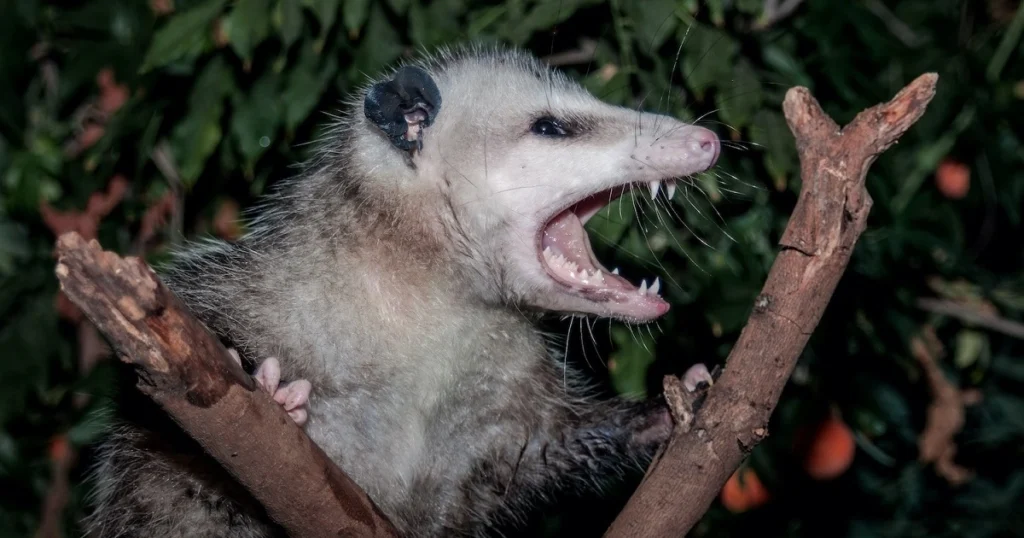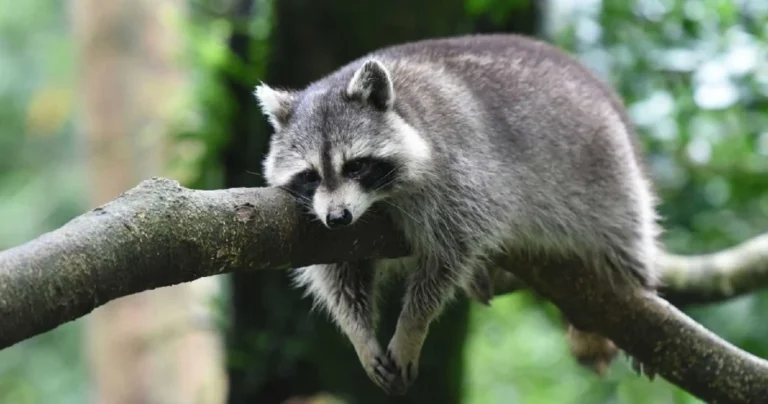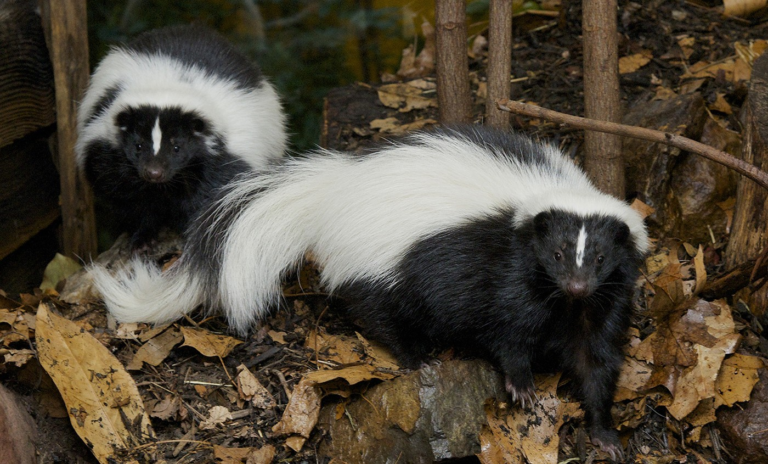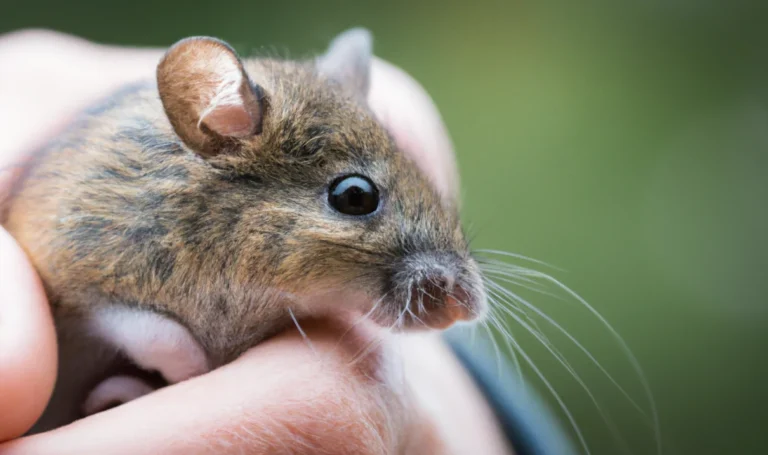Top 10 Opossum Sounds and What They Mean
Introduction
They are not as noisy compared to the other social animals; in fact, their vocal communication is quite limited. Nonetheless, they give different clear sounds and these include vocal noises that they make when threatened, during and after the mating season and when taking care of the young ones. By understanding these sounds you will be in a good position of recognizing these night visitors and more so be in a position to understand their activities.
Animal Poop Identification Chart
Types of Opossum Sounds and Their Meanings
Hissing
- Characteristics: High-pitched, sharp sound.
- Purpose: Defensive mechanism to ward off threats.
Opossums, in specific outcry, can emit a hissing sound and bare their teeth when threatened. This sound is quite a clear sign that the animal is feeling threatened but might not be planning to attack.
Growling
- Characteristics: Low, deep, guttural sound.
- Purpose: A more serious display of aggression or stress.
Background: Opossums vocalize with a growl when threatened or during the encounter with other opossums over some space invasions. Blanching and growling suggest that the opossum is greatly threatened and may bring its aggression to the next level if threatened.
Clicking or Smacking Sounds
- Characteristics: Soft, rhythmic, and repetitive.
- Purpose: Maternal communication between a mother and her young.
This friendly sounding is of mothers for their offspring, the opossums to return to her. It is almost always used when the mother is looking for her young ones to ensure that they are intact and beneath her watchful eye.
Screeching or Screaming
- Characteristics: High-pitched, loud, and alarming.
- Purpose: Distress signal or expression of extreme fear.
The opossums may screech whenever the animal is in pain or is scared for its life due to being attacked by another animal or trapped. This sound is rarely heard but are very loud and is given only when the animal is in pain.
Snarling
- Characteristics: Low, prolonged, and aggressive.
- Function: Show ranking or watching over status.
Snarling is most frequently used when fighting or during the confrontation with other opossums or other animals. It indicates that the opossum is ready to fight if provoked so that it will not be eaten or harmed.
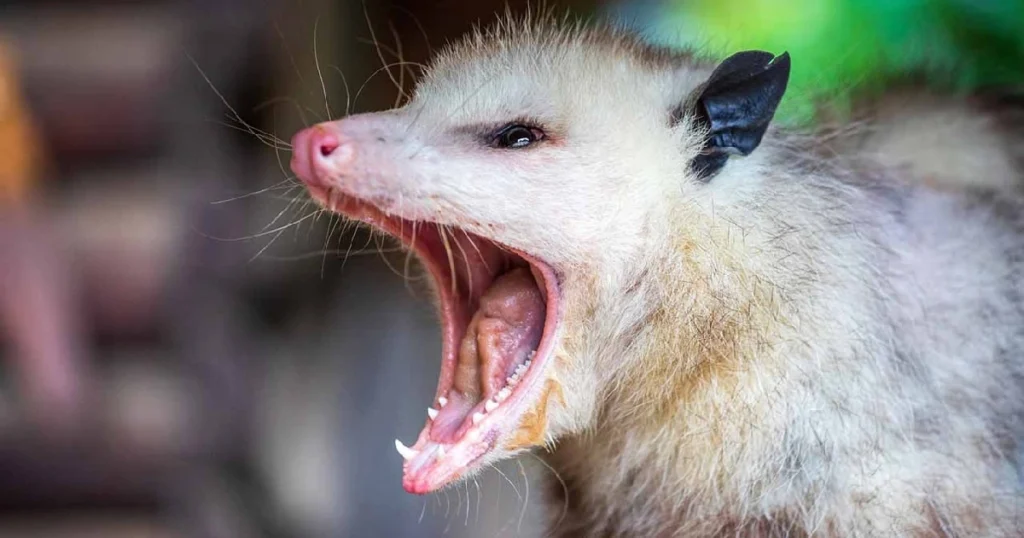
Table of Opossum Sound Characteristics and Contexts
| Sound | Characteristics | Purpose | Behavioral Context |
|---|---|---|---|
| Hissing | High-pitched, sharp | Defensive behavior | When encountering predators or threats |
| Growling | Low, guttural | Aggressive warning | During confrontations or feeling cornered |
| Clicking/Smacking | Soft, rhythmic | Maternal communication | When calling young opossums |
| Screeching | High-pitched, loud | Distress signal | When highly stressed or in pain |
| Snarling | Low, prolonged | Aggressive display | During fights or defending territory |
How Opossums Use These Sounds
Despite the fact that opossums are not very social, these vocalizations have the ability to depict various moods of an opossum. For instance, McCarthy mentioned that while mothers use soft clicks to establish and sustain contact with their offspring, threats associated with hissing and growling are used in communication with potential predators. Thus, with the use of these sounds, one can perfectly be able to tell something about the opossum’s state or how it is feeling.
Common Scenarios Where You Might Hear Opossum Sounds
Nighttime Activity Near Homes
That is why opossums are mainlyactive at night and can be seen moving in residential spaces searching for meals or a place to rest. Owners of the houses may hear noises like the rustling, a hissing or even a screeching during the night. These noises may come from:
- Under decks, porches: This might be a place where opossums may hide or construct some form of shelter for a temporary basis.
- Near Trash Bins: Scavenging for food.
- In Trees: Searching for fruit or small insects.
Mother and Young Interaction
The mothers were found to have established a way of communicating with their young, such as emitting clicks. If the mother perceives them to be too distant or if she wishes to call them all to her, she would make these reassuring sounds. This sound shows care giving and bonding favour for a female which in this case is the mother.
Defensive Encounters
An opossum when threatened by a dog, cat or any human, will either hiss or growl. If the threat does not diminish or goes up a notch then the animal rolls over on its back and pretend to be dead through what is called thanatosis. During the process of playing dead, the opossum ceases to move and make any noise in order to avoid being preyed.
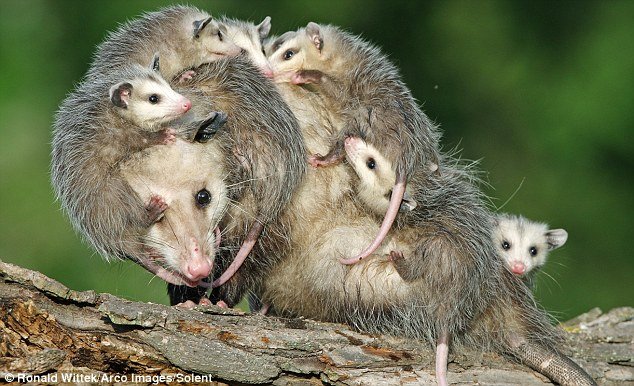
How to Identify If Opossums Are Making the Noise
In fact, it is quite challenging at times to distinguish its sounds from that of raccoons or squirrels, or even birds. Nevertheless, there are some ways to distinguish them:
- Hissing: Both raccoons as well as opossums are known to hiss, but the hissing sound made by an opossum is generally more sharp and shrill.
- Growling: Though there are not many differences between the growl of an opossum and a raccoon, the former is generally quieter and groveling than the latter.
- Screeching: Generally, birds growl but opossum emits a growling sound in an abrupt and urgent manner.
How to Manage Opossum Sounds Around Your Home
If you find opossums living near you, there are no ways on how you can avoid them at night but take the following measures if you want to cohabitate with them in peace:
- Secure Trash Bins: The opossums rummage through the trash bins, therefore invest in animal-proof trash cans.
- Block Entry Points: When populations settle in urban dwellings, boards need to be placed under porches, decks or sheds where opossums might build nests.
- Opossums: are attracted by pet food left outside: Pet food outside should be left in a sealed container so that the opossums will not get in it.
- Use poachers: An opossum can be scared away when motion of a particular area is followed by bright light or water sprinkler system.
Fun Facts About Opossum Sounds and Behavior
- Short vocal reproductions: Opossums communicate vocally only in instances that are crucial unlike other social animals that depend on sound frequently.
- Baby opossums: Babies of opossums are intelligent to emit chirping sound when they are lost or separated from their mother.
- Noisy: As they may be, opossums are sneakily quiet when they are carrying out raids and are instead guided mainly by their sense of smell and hearing.
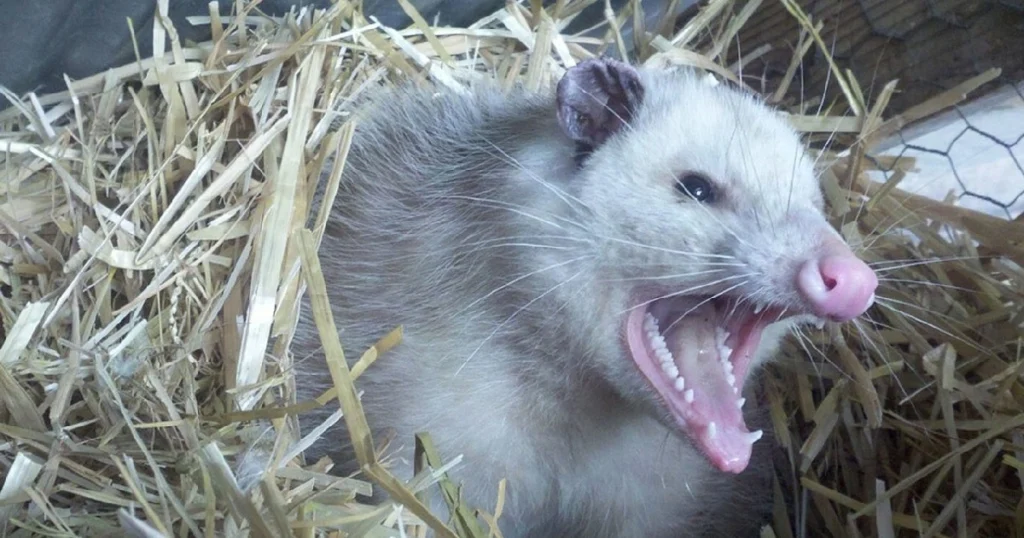
What to Do if You Encounter an Opossum
If perchance you are able to hear some particular commotions of an opossum:
- Stay Calm: Do not get excited or make any actions which may cause tension towards the animal.
- Give Space: Many of the oposum species will try to run away if they see the attacker is not willing to back off.
- Do not handle: They have the ability to carry diseases as well as parasites, so in case of any appearances; it is advisable to report to animal control.
Conclusion
Learning about opossums and the range of noises it is capable of producing can help one appreciate these marsupials a little more. Whether it is a mother who is teaching her offspring how to find food in order to stay alive or a warning to an intruder when there is no way to escape, each one has its use out in the wild. Knowing such noises and how to keep off them will enable you to live with the opossums without so much conflict thus learn more about them.
More Read=What Does an Opossum Sound Like?

